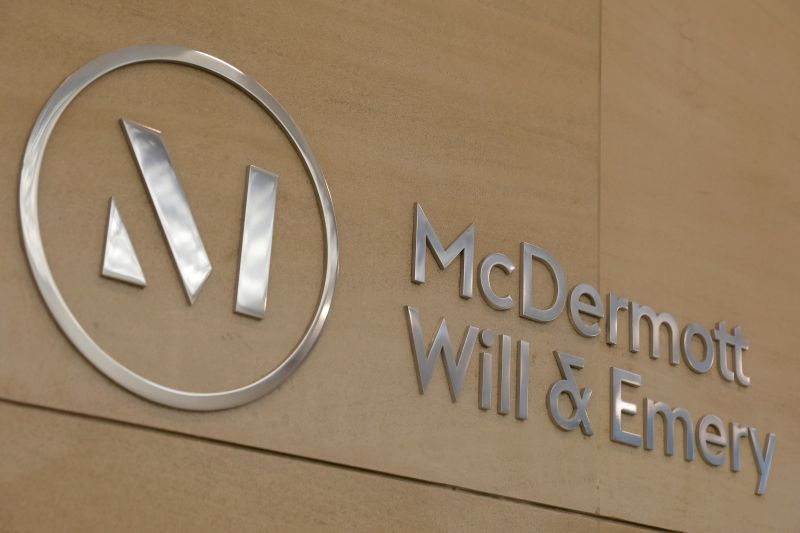Source: Bloomberg Law
In the latest development in Big Law’s ongoing consolidation trend, Chicago-founded McDermott Will & Emery and Manhattan’s Schulte Roth & Zabel have confirmed they are in advanced merger discussions that would create a legal powerhouse with combined revenues exceeding $2.8 billion.
A “Transformative Combination”
The firms released a joint statement on Thursday confirming they “are actively finalizing a transformative combination” and that they are “operating from a position of shared strength.” The firms indicated they “anticipate an official combination in the coming months.”
If successful, the merger would likely place the combined entity among the 20 largest law firms in the United States by gross revenue, further reshaping the upper echelons of the legal market.
Complementary Strengths
The potential combination brings together firms with complementary practice strengths. McDermott Will & Emery, with approximately 1,300 lawyers globally, has built a reputation for excellence in healthcare, private equity, and tax practices. The firm reported gross revenue of more than $2.2 billion last year, with profits per partner reaching an all-time high of $4.6 million.
Schulte Roth & Zabel, with 360 lawyers, is renowned for its top-tier investment management, private capital, and fund formation practices. The firm generated $619 million in gross revenue last year, with partner profits exceeding $4 million per partner, according to figures reported by the American Lawyer.
Timing and Context
The merger talks come at a significant moment for Schulte, which has experienced a series of notable partner departures in recent weeks. Restructuring leader Douglas Mintz recently departed for Cadwalader Wickersham & Taft, while Michael Swartz, co-chair of Schulte’s litigation group and an executive committee member, joined Quinn Emanuel.
Additionally, several partners have moved to McDermott itself, including Allison Scher Bernbach, who joined as leader of its US private equity fund regulatory practice in New York.
In January, Schulte joined many major law firms moving away from single equity partnerships by adding a non-equity partner tier, widely seen as a strategy to retain talent while preserving profits for equity partners. The firm also promoted 12 lawyers to partner, marking the largest class in its nearly 60-year history.
Industry Consolidation Trend
This potential merger is part of a broader consolidation wave sweeping through the legal industry. Kent Zimmermann, a principal at law firm consultancy Zeughauser Group, noted that “higher performing firms are increasingly putting [mergers] on the table even before they need to because they realize the advantages.”
The legal landscape has seen several significant mergers recently:
- Kramer Levin Naftalis & Frankel is set to combine with the UK’s Herbert Smith Freehills on June 1
- Shearman & Sterling combined with the UK’s Allen & Overy last year to create A&O Shearman
- Stroock Stroock & Lavan sought a merger partner before ultimately dissolving in 2023
Looking Ahead
As the legal market continues to evolve, this combination would represent yet another significant shift in the competitive landscape. Industry observers will be watching closely to see whether the merged firm can successfully integrate disparate cultures and retain key talent while delivering on the strategic promise of the combination.
The firms have not yet announced what the combined entity would be named or specific details about leadership structure, which will be critical factors in the success of the integration.
Read: Bloomberg Law






